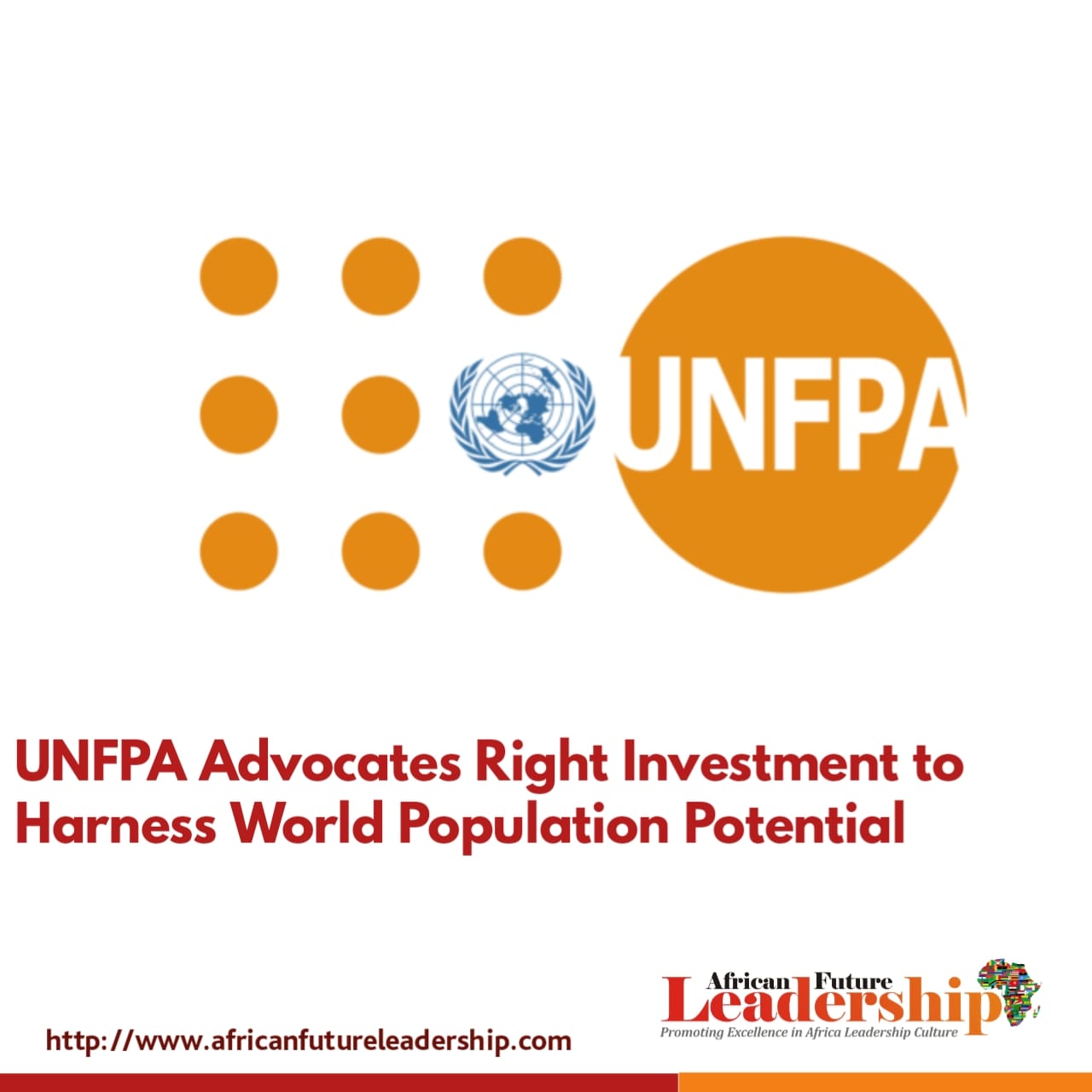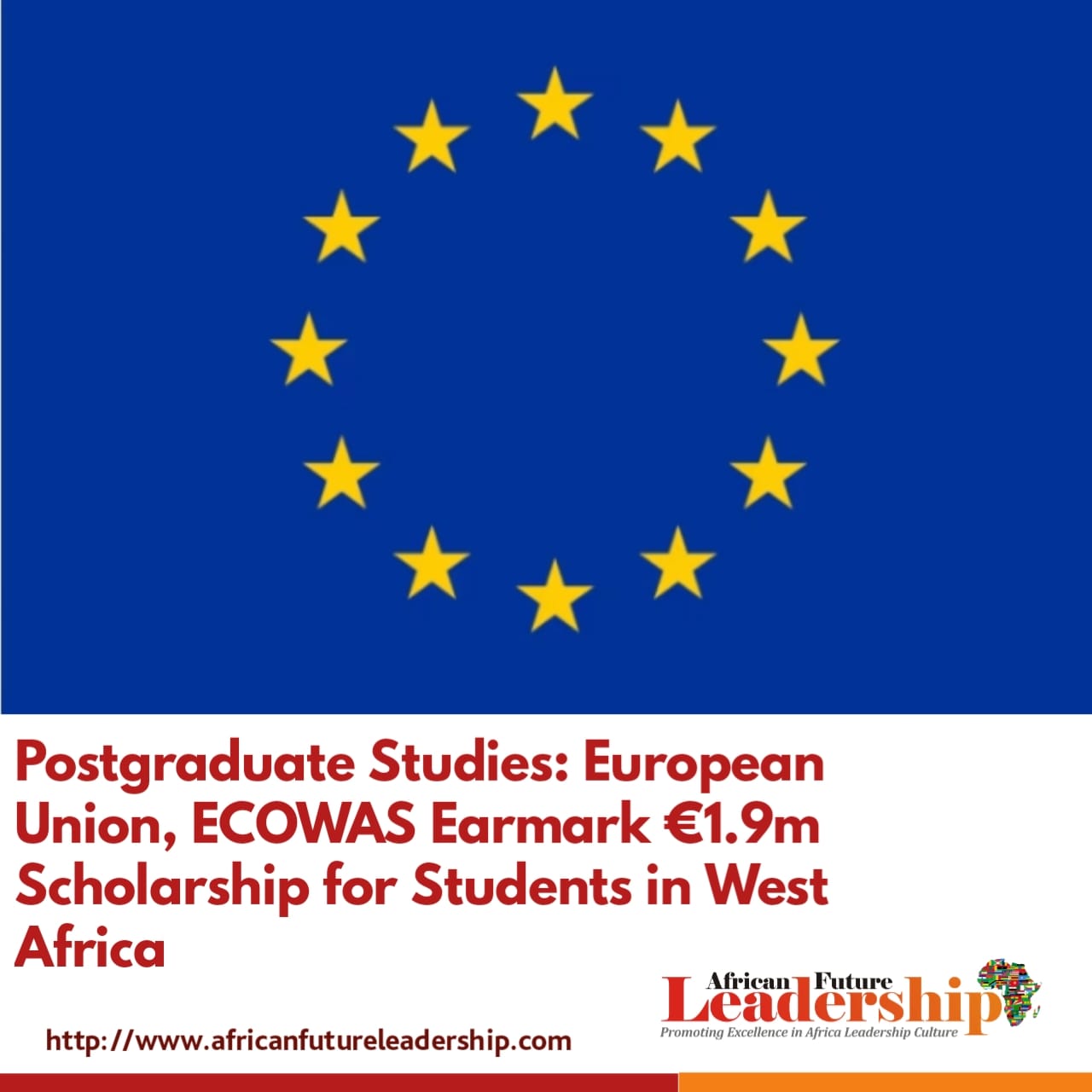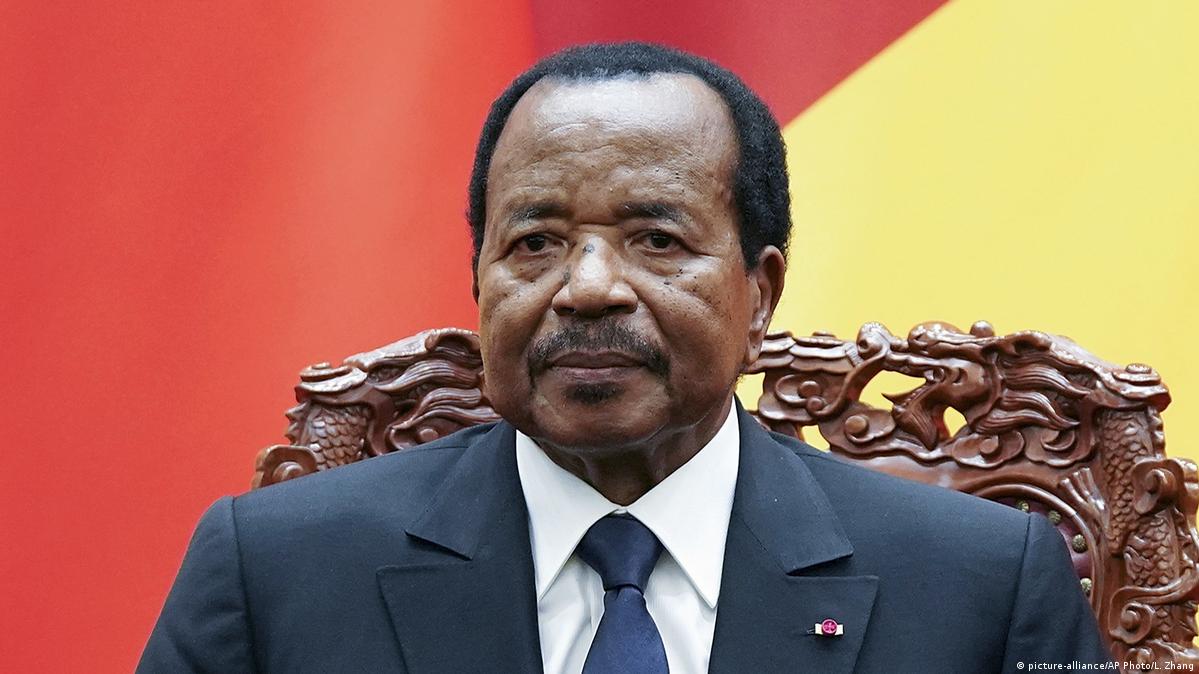As the world’s population hit 8 billion, the United Nations Population Fund (UNFPA) has advocated for right investments to properly harness population potential.
Erica Godson, the Deputy Country Representative, United Nations Population Fund (UNFPA), in her speech at the global commemoration of the world population reaching 8 billion in Abuja, pointed out that to harness the potential of 8 billion people in combating the world’s most pressing challenges such as climate change, conflict, violence, displacement, and discrimination, everyone must be afforded fundamental human rights.
She said, “That includes bodily autonomy, the freedom to decide about our bodies, lives, and futures. Too many are denied this most basic of rights”.
According to her, “Without rights and choices, our health suffers, our dignity disintegrates, our potential lies dormant, our contributions never materialize, and our lives shrink.”
In her view, “If we turn the 8 on its side, you will see the symbol for infinity so that a world of 8 billion could mean a world of infinite possibilities.
And that becomes relevant “If the life of one individual can take many different routes. Imagine the boundless paths 8 billion can take. Of course governments must make the right investments for this to happen”.
She further said, focusing on numbers alone distracts people from the real challenge faced.
So, “Securing a world where all 8 billion of us enjoy good quality of life, making informed decisions on sexual and reproductive health and rights, employment, education, and social and economic development is important.”
READ MORE: Countries Leading The Green & Clean Africa Campaign
She stressed that no demographic trend is solely bad or good adding that building demographic resilience is critical to sustainable development.
Hence, “The importance of having reliable data to plan public infrastructure, programmes, and health care. And, of course, women’s and girls’ reproductive health and rights are key to ensuring societies thrive amid demographic changes.”
“Without rights and choices, our health suffers, our dignity disintegrates, our potential lies dormant, our contributions never materialize, and our lives shrink.”
And she said, “Multiply that scenario by billions. So, remove these barriers and open pathways. The world cannot move forward by holding anyone back. Possibility and opportunity should not be privileges”.
Hence “We focus on numbers, and numbers matter so that governments and societies can develop infrastructure and provide services that accurately reflect their people and address their needs,” she emphasised.
On the 15th of November, the world marked a major milestone as the world population reached 8 billion.
Asia and Africa are said to have driven much of that growth and is expected to drive the next billion in 2037, while Europe’s contribution will be negative due to its declining population.
It was also revealed that India, the largest contributor to the 8 billion (177 million), will surpass China, which was the second largest contributor (73 million) and whose contribution to the next billion will be negative, as the world’s most populous nation by 2023. Nigeria is the most populous African nation and has a consistently high population growth rate.




